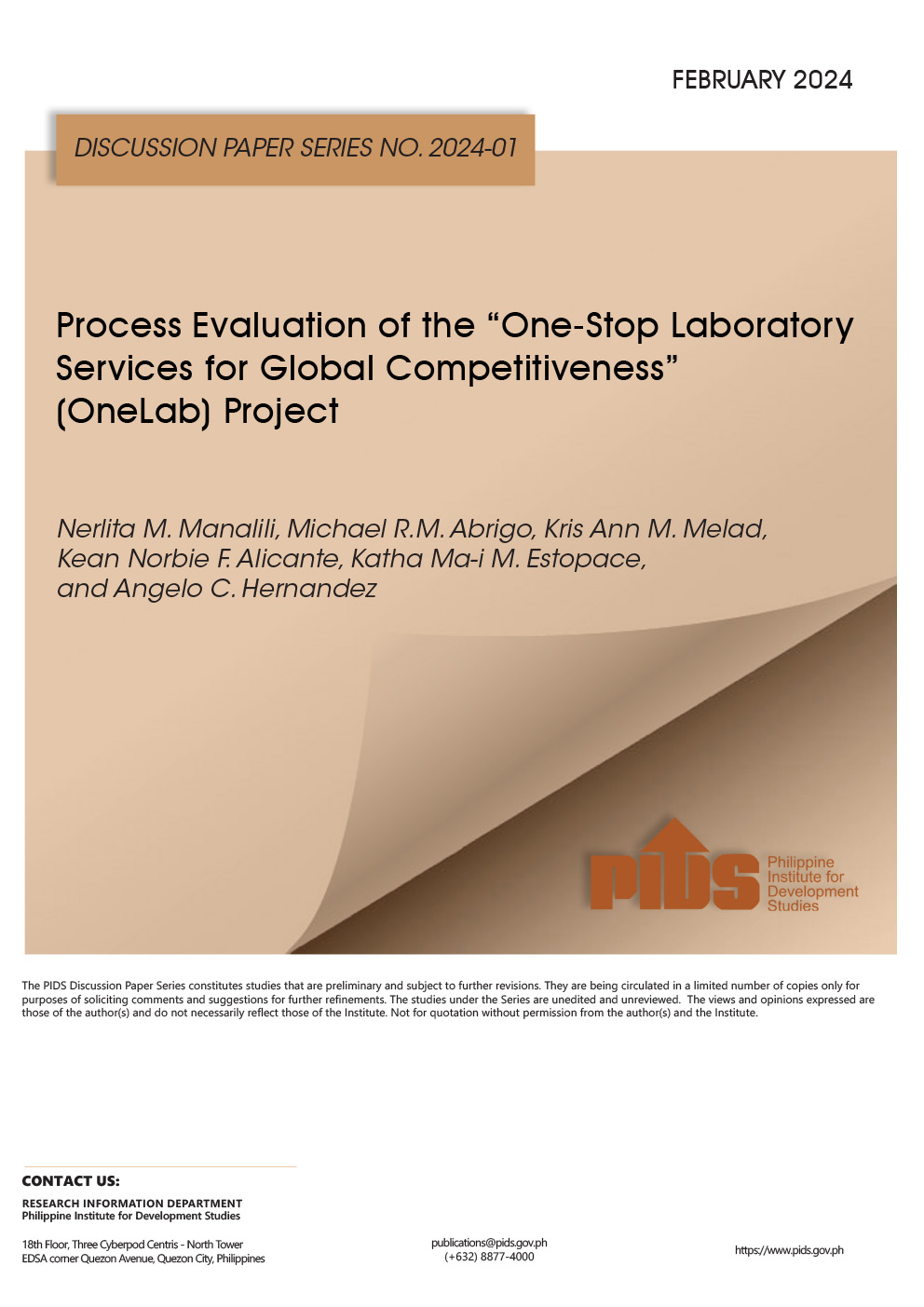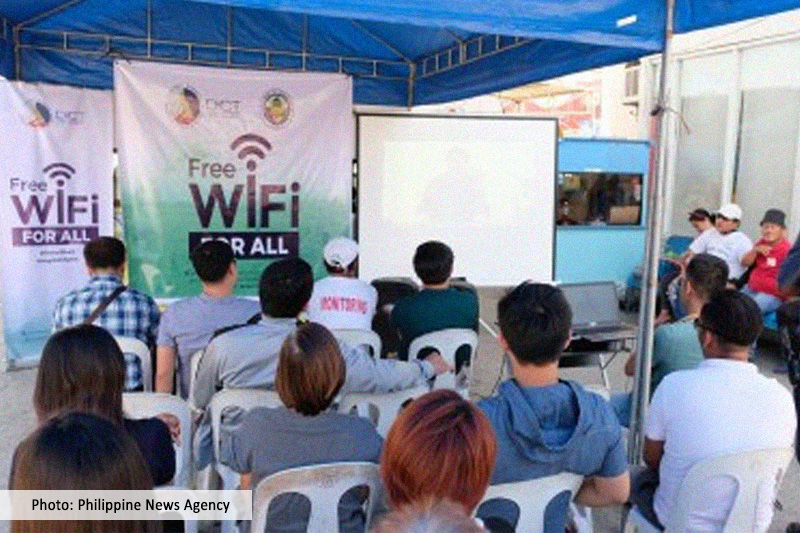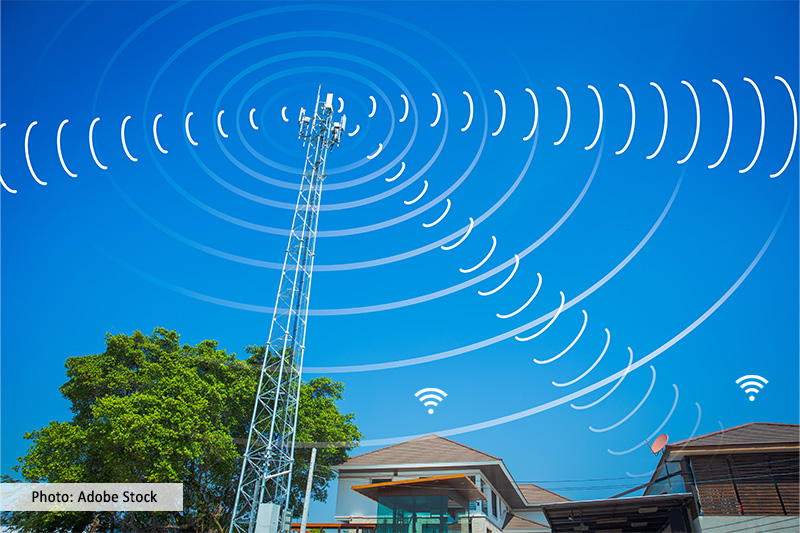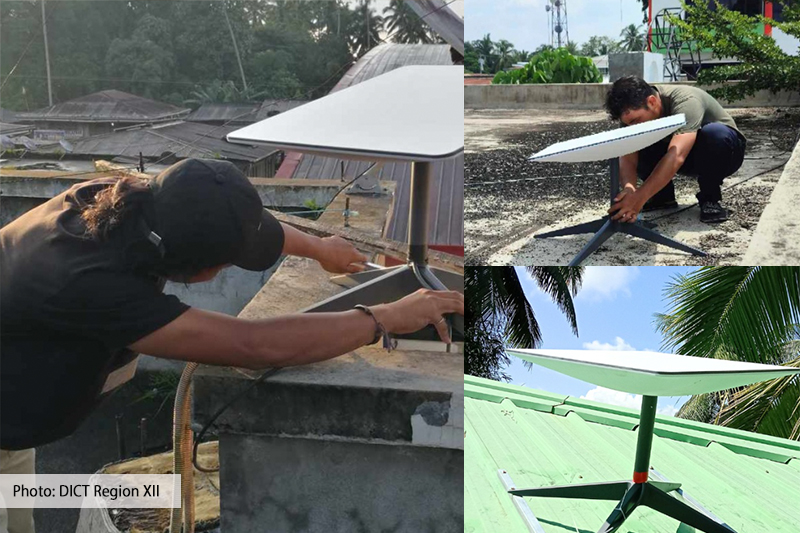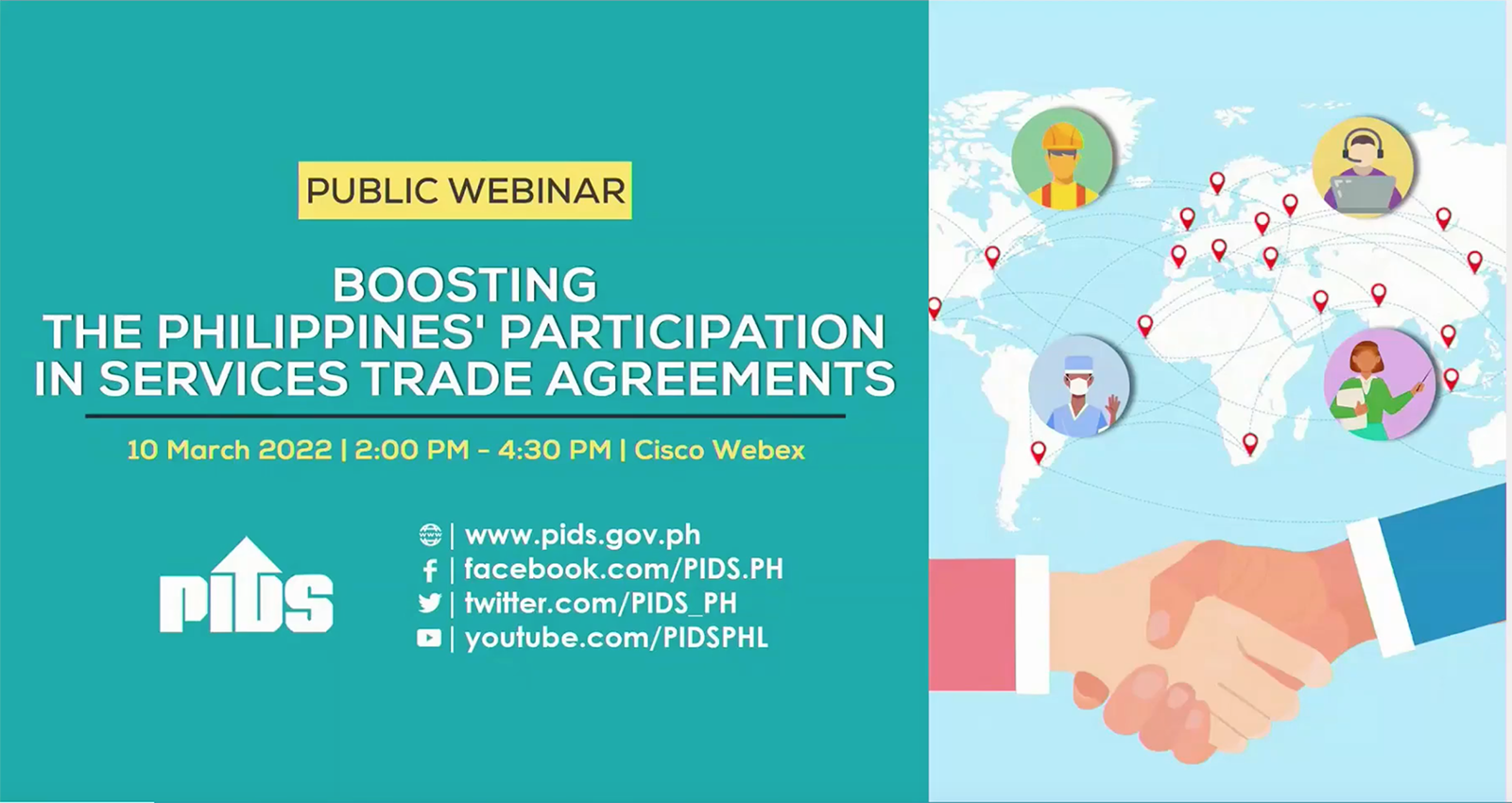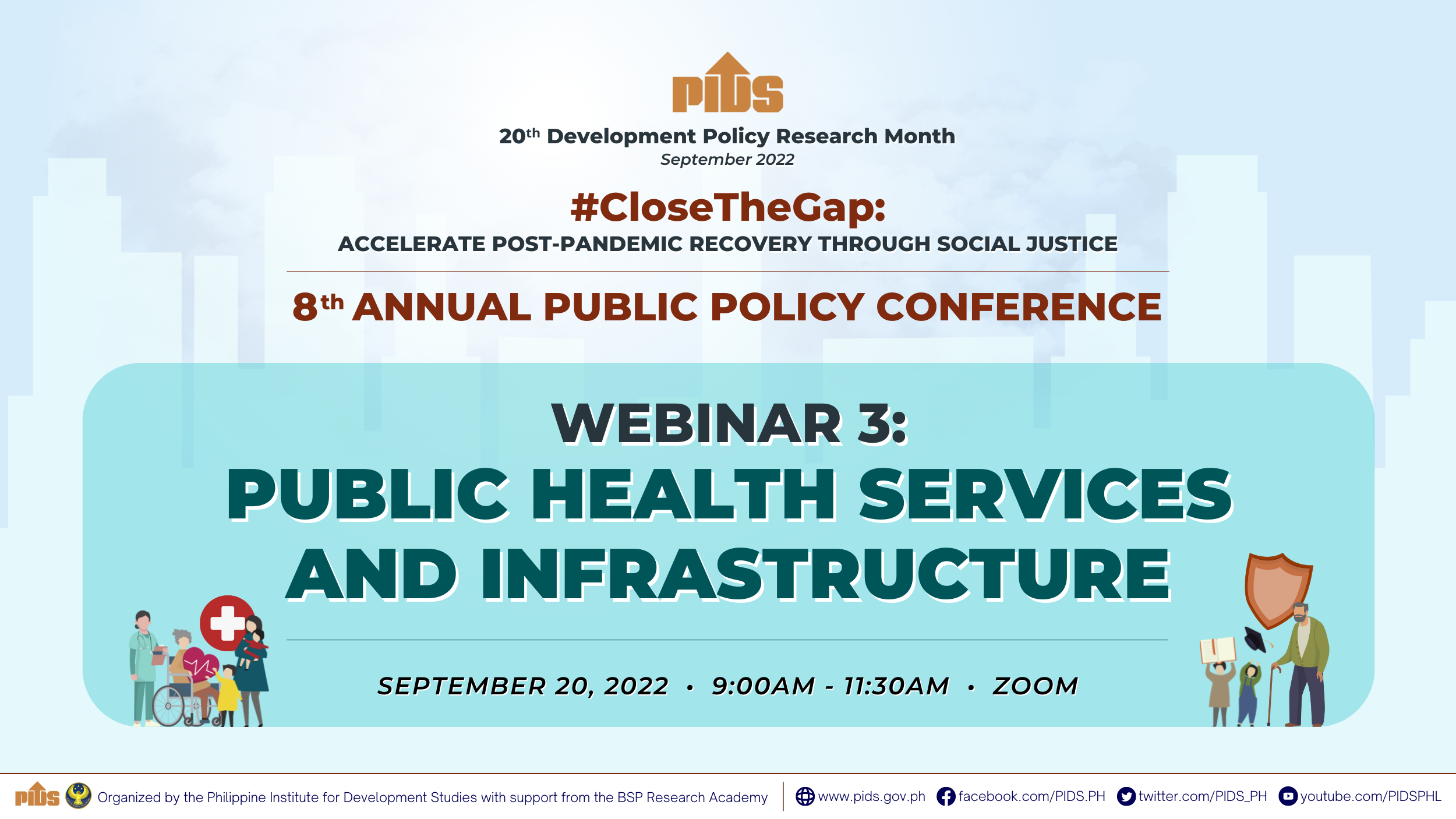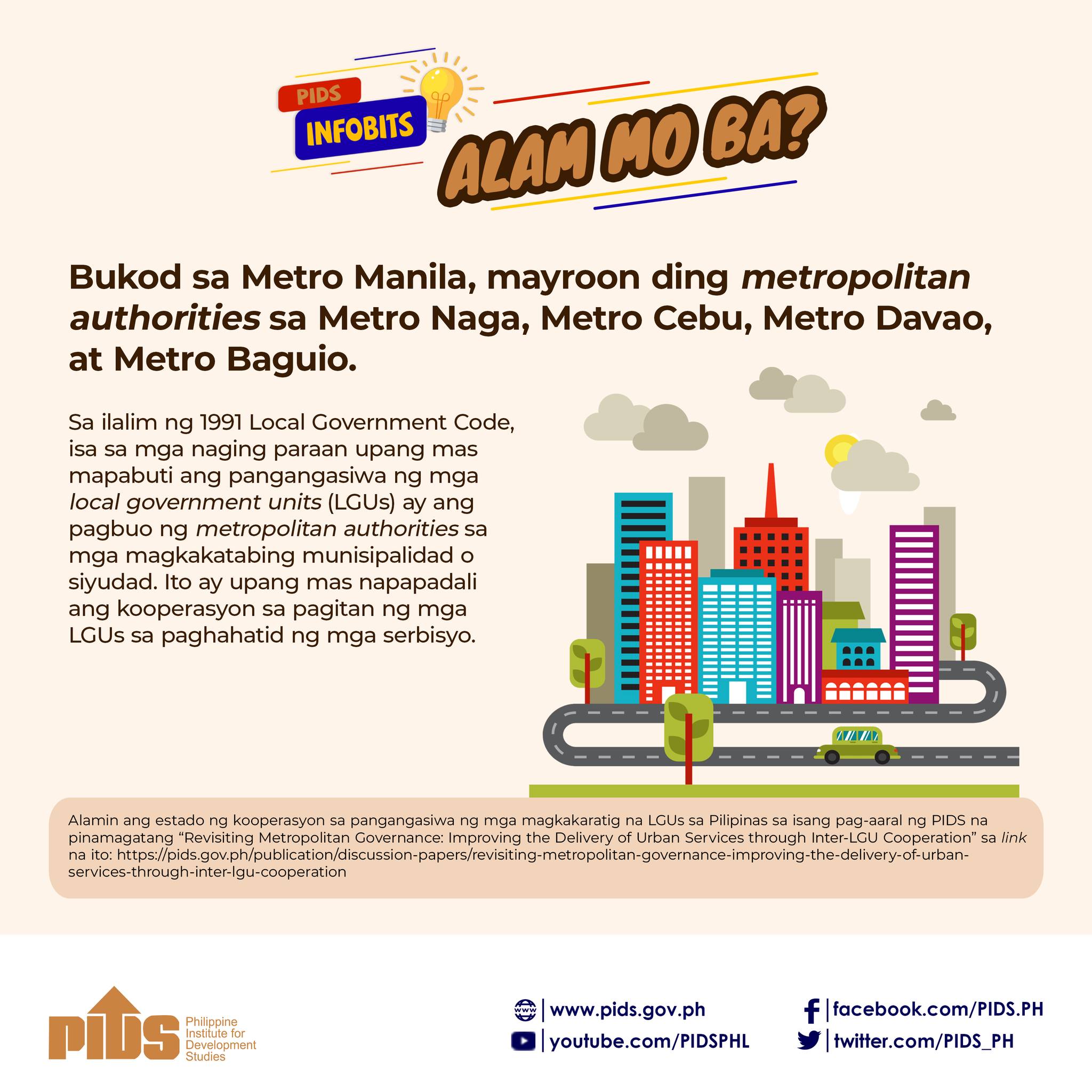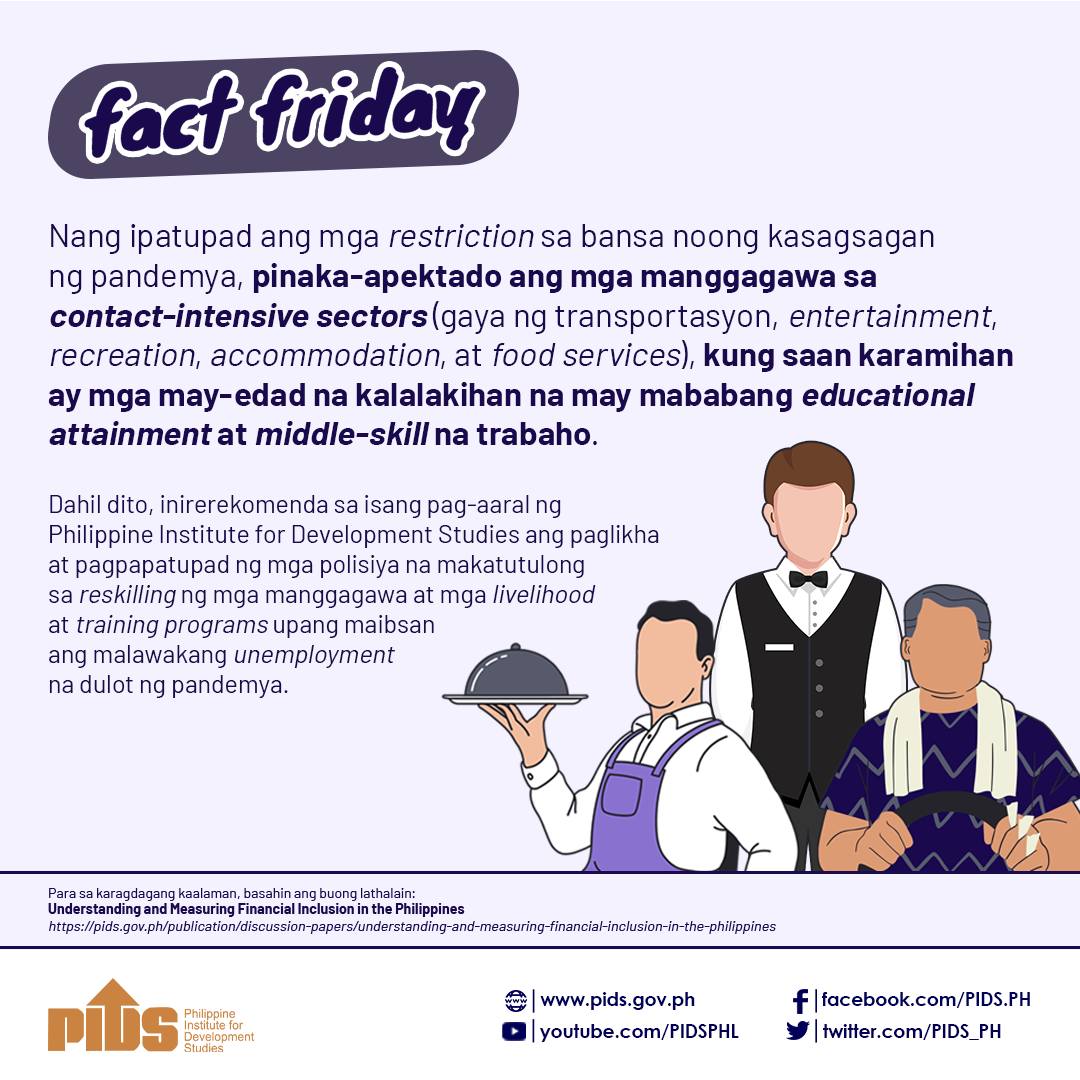Senator Sonny Angara has filed a bill that seeks to assist local government units (LGU) in shifting to e-government services by creating Local Information and Communications Technology Officer (ICTO) positions in all provinces, cities and municipalities.
Angara filed Senate Bill (SB) 1943 or the Local ICTO Act, amending Sections 443 (a), 454 (a) and 463 (a) of Republic Act 7160 or the Local Government Code of 1991, which provides for the officials of the municipal, city and provincial governments.
Under the bill, ICTO will be tasked to formulate and execute digitization plans for processes and public documents in their respective LGU; develop, maintain, and supervise all other information and communications technology programs and services of the LGU including partnerships with the private sector; and collate and disseminate information regarding ICT and the services of the local government to the public.
ICTO must be Filipino, of good moral character, with a degree from recognized colleges and universities in information and communications technology, computer science, computer engineering, data science, electronics and communication engineering, or any other course that is directly relevant to the job.
The said officers must also have five years of experience depending on the job or assignment that will be given to them.
In explaining the necessity of the ICTO, Angara cited Department of the Interior and Local Government’s data, showing that only 30 percent of LGU have digitized their processes.
He also noted a study of the Philippine Institute for Development Studies in September 2020 where it was found that limited access to computers, lack of standardization, poor infrastructure, and other related issues prevented the development and implementation of e-government services throughout the country.
“One need only to look into how more Filipinos now regularly use their mobile phones and computers to shop, do their groceries, and even transact with their banks. Our government processes and services should follow suit,” he said.
Angara also highlighted the need for e-government services by citing the distribution of the Social Amelioration Program during the height of the pandemic.
The said officers must also have five years of experience depending on the job or assignment that will be given to them.
“We witnessed how thousands of people had to go out of their homes and line up at designated areas in their respective LGU to apply and receive their cash assistance. This was not only a labor-intensive and tedious process, but also created significant health risks on both the recipients and the government workers,” he said.
“Digital transformation, I believe, requires that we rebuild our organizational structures, work processes, and cultural mindsets. Digital services are not add-ons, but rather, they are how our work processes are evolving to fit into the new world. Now is the best time to improve our digital framework for both our government and business sectors, as last year’s challenges have given us an opportunity to build anew,” Angara added.
SB 1943 will complement SB 1470 or the National Digital Transformation Act and SB 1764 or the Use of Digital Payments Act which were also filed by Angara.
“A shift to digital processes will not only mean faster and more efficient work in our government offices but more importantly, this will result in better services for our people,” he ended.

